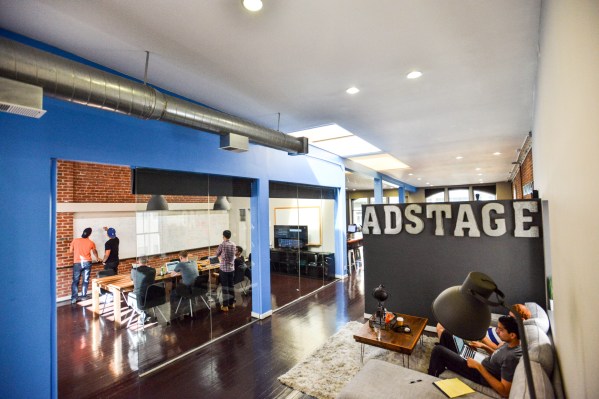Digital marketing company TapClicks announced this morning that it’s broadening its platform with the acquisition of AdStage.
AdStage first launched back in 2013 as a cross-network advertising startup, eventually expanding by automating ad campaigns and consolidating marketing data.
TapClicks founder and CEO Babak Hedayti told me that his goal is to build a “single, unified platform” for marketing. The company says it already sells interconnected products for analytics, intelligence, reporting, workflow and order management, with many of those capabilities coming from acquisitions — in 2019 alone, TapClicks announced that it was buying Megalytic, iSpionage and StatX.
By acquiring AdStage, Hedayti said TapClicks can deepen its intelligence capabilities, giving marketers a better understanding of how their campaigns are performing across different channels.
The companies said TapClicks made offers for the entire AdStage team to join, with the majority of the team accepting. AdStage co-founders Sahil Jain and Jason Wu are taking roles at TapClicks as general manager for marketing intelligence and vice president of engineering for marketing intelligence, respectively.
AdStage previously raised more than $15 million in funding from investors including Verizon Ventures, Freestyle Capital, 500Startups, Digital Garage and HubSpot. (Verizon owns TechCrunch.)
Jain said that before the COVID-19 pandemic, he was considering different paths for the AdStage’s future. That might have meant raising more funding, but he realized that “consolidation is happening” across the industry, and that by joining a company that was “very financially sound, we could leverage those resources to build the stuff that we’ve always wanted to build … the cool stuff that truly help marketers not just see what they’re spending on and the cross-channel makeup, but where to spend the next dollar.”
He also praised the way TapClicks handled the acquisition — Jain said that as the world changed around them, Hedayti and the other executives “never wavered from the deal, they never changed the terms.”
Looking ahead, Hedayti argued that despite the broader downturn in ad and marketing spending, there are still opportunities. For one thing, he suggested that large enterprises are going to be less interested in making a big investment in building their own marketing tools.
“When they need a technology partner for martech, they’re calling us,” he said.
